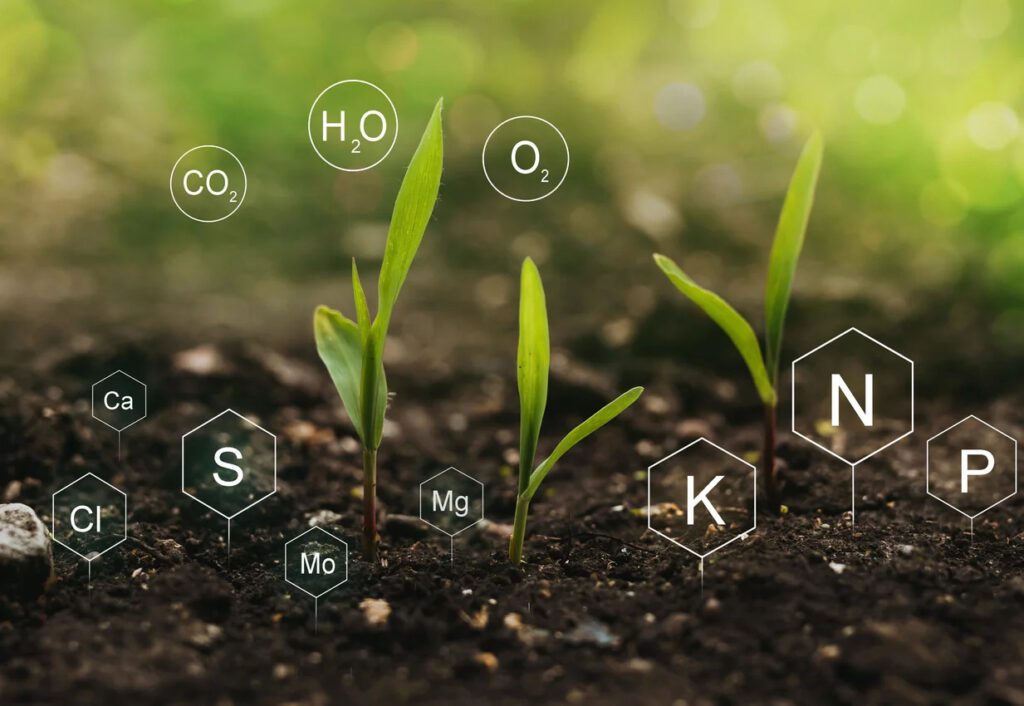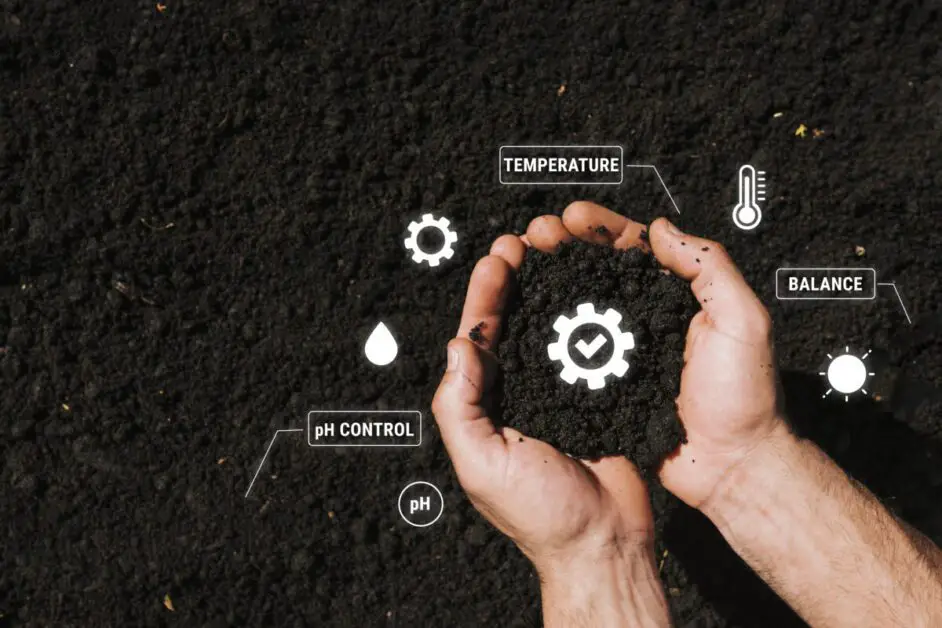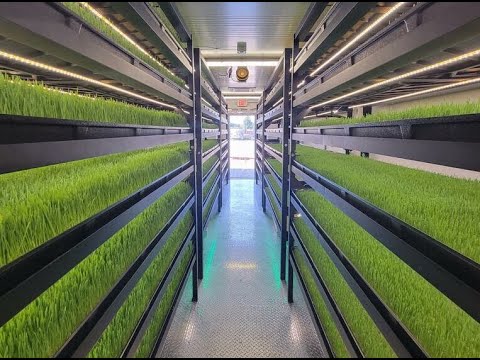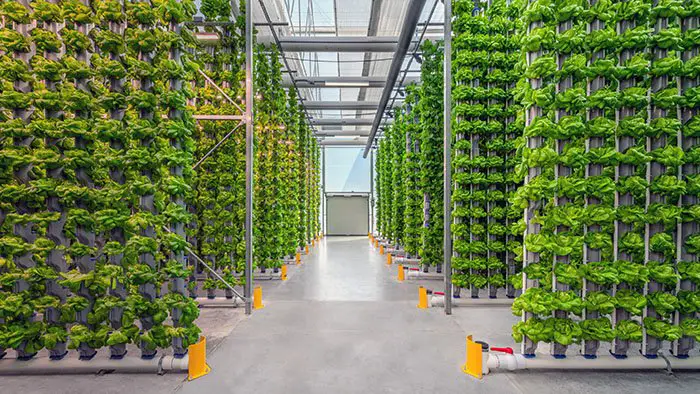Hydroponic Nutrients: 13 Essential Elements for Plant Growth
Table of Contents
Copper: Essential for Plant Reproduction and Defense Mechanisms in Hydroponic Systems
Copper plays a crucial role in plant reproduction and defense mechanisms, especially in hydroponic systems. As a micronutrient, copper is required in small amounts for the growth and development of plants. It is an essential component of enzymes involved in important processes such as photosynthesis, respiration, lignin synthesis, and hormone regulation.
In terms of plant reproduction, copper is necessary for the production and activation of pollen grains, which are crucial for successful fertilization. It also plays a significant role in the formation and development of seeds, ensuring healthy and robust offspring. Without adequate copper levels, plants may experience reduced seed production and compromised reproductive capabilities.
Furthermore, copper is indispensable for the defense mechanisms of plants. It plays a key role in the synthesis of lignin, which provides structural support and helps to fend off pathogens and pests. Copper also activates enzymes that are involved in the production of phytoalexins, which are natural compounds produced by plants to fight against microbial attacks. In this way, copper strengthens the plant’s immune system and enhances its ability to withstand diseases and pests.

In conclusion, the importance of copper in hydroponic systems cannot be overstated. Its role in plant reproduction and defense mechanisms makes it an essential micronutrient for the overall health and productivity of plants. By ensuring sufficient copper levels in hydroponic solutions, gardeners and hydroponics enthusiasts can promote successful reproduction and enhance the plant’s ability to defend against external threats.
Molybdenum: Enabling Nitrogen Fix
Molybdenum plays a crucial role in enabling the process of nitrogen fixation in plants. Nitrogen fixation is a biological process where atmospheric nitrogen is converted into a form that plants can use. This process is essential for plant growth and productivity, as nitrogen is a vital nutrient required for the synthesis of proteins, enzymes, and chlorophyll.
Molybdenum acts as an essential cofactor for the enzyme nitrogenase, which is responsible for catalyzing the conversion of nitrogen gas into ammonia. Without molybdenum, nitrogenase cannot function efficiently, impairing the plant’s ability to acquire the necessary nitrogen for its growth. As a result, plants deficient in molybdenum may exhibit symptoms such as stunted growth, reduced leaf size, and yellowing of leaves due to a lack of chlorophyll production.

Apart from enabling nitrogen fixation, molybdenum also influences other metabolic processes in plants, including the metabolism of carbohydrates and sulfur-containing compounds. Molybdenum-dependent enzymes are involved in reactions that contribute to the synthesis of various plant compounds, such as lignin, which provides structural support, and phytoalexins, which act as defense mechanisms against pathogens.
In conclusion, molybdenum’s role in enabling nitrogen fix is crucial for plant growth and overall productivity. Its involvement in several metabolic processes emphasizes its significance in plant development and defense mechanisms. Understanding the importance of molybdenum in hydroponic systems and ensuring its availability is essential for optimizing plant health and performance.
What is the role of copper in hydroponic systems?
Copper plays a crucial role in plant reproduction and defense mechanisms in hydroponic systems.
How does copper contribute to plant reproduction in hydroponic systems?
Copper is essential for the development of healthy pollen grains and the formation of reproductive structures in plants grown in hydroponic systems.
What are the defense mechanisms that copper enables in hydroponic systems?
Copper helps plants in hydroponic systems to develop a stronger defense against pathogens and diseases, enhancing their overall resistance.
Can plants in hydroponic systems thrive without copper?
No, plants in hydroponic systems require copper to ensure proper reproduction and a strong defense against potential threats.
What is the function of molybdenum in nitrogen fixation?
Molybdenum plays a crucial role in enabling nitrogen fixation, which is the process by which certain bacteria convert atmospheric nitrogen into a usable form for plants.
How does molybdenum enable nitrogen fixation?
Molybdenum is a component of the enzyme nitrogenase, which is responsible for catalyzing the conversion of nitrogen gas into ammonia during nitrogen fixation.
Can plants fix nitrogen without molybdenum?
No, molybdenum is essential for the proper functioning of nitrogenase and, therefore, necessary for plants to carry out nitrogen fixation effectively.
Are there any other functions of molybdenum in plants?
Yes, apart from enabling nitrogen fixation, molybdenum also plays a role in various other plant metabolic processes, including sulfur metabolism and the production of enzymes involved in the uptake and utilization of phosphorus.
How can I ensure plants in hydroponic systems receive adequate copper and molybdenum?
It is important to provide a well-balanced nutrient solution that includes appropriate concentrations of copper and molybdenum, tailored to the specific needs of the plants being grown in the hydroponic system. Regular monitoring of nutrient levels and adjustments as needed are also recommended.

Pallavi Gupta is a burgeoning writer at SouthElMonteHydroponics, blending her passion for data analysis with a keen interest in biotechnology. Currently pursuing a Bachelor’s in Biotechnology at Amity University, Pallavi delves into the intricacies of life sciences while gaining hands-on experience in the exciting world of data analysis. Her unique background provides a fresh perspective on hydroponic farming, as she explores the intersection of biotechnology and sustainable agriculture. Through her writing, Pallavi aims to bridge the gap between data-driven insights and innovative farming practices, inspiring others to harness technology for a greener future.







